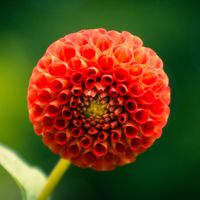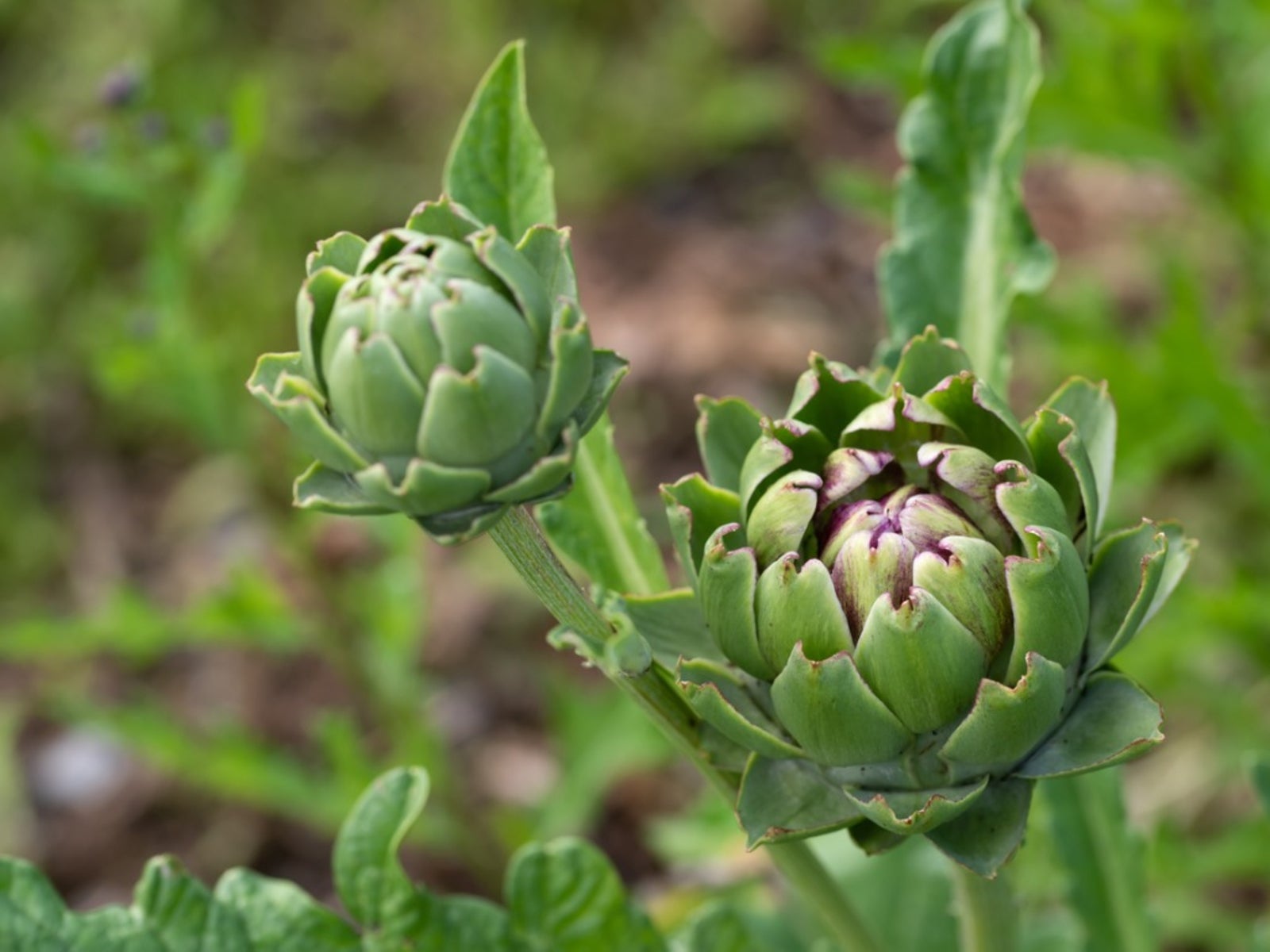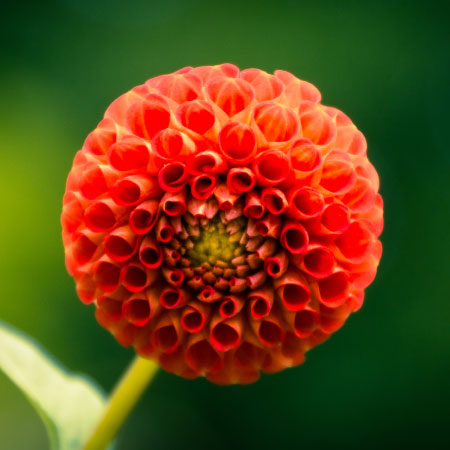Artichokes Growing In Your Garden - Tips To Grow Artichoke Plants


Artichokes (Cynara cardunculus var. scolymus) are first mentioned around 77 A.D., so people have been eating them for a long, long time. The Moors were eating artichokes around 800 A.D. when they brought them to Spain, and the Spanish were still eating them when they brought them to California in the 1600's. Read on to learn more about these plants.
What are Artichokes?
What are artichokes? They're the vegetable made famous by Marilyn Monroe when she was crowned Artichoke Queen in 1948. What ARE artichokes though? They are some of the best eating… Okay, okay. We didn't want to tell you this since you're probably not fond of their weedy cousins. Artichokes are giant thistles. You eat the inner, fleshy part of the bracts that surround the base or heart of the bud and the heart itself is tender and delicious.
How to Grow Artichokes
It's best to grow artichoke plants where the summers are cool and mild and where temperatures never fall below 25 degrees F. (-4 C.); like coastal California where growing artichokes is a commercial enterprise. If your garden doesn't fit the profile, don't despair. If you know how to grow artichokes and you give them what they need, you can grow this tasty vegetable almost anywhere. To grow artichoke plants, you'll need at least 90 to 100 frost free days. If you can offer them that, then give it a try. If you live anywhere cooler than USDA growing Zone 8, your best bet may be to treat your artichokes as annuals, grow single season to harvest artichokes, and replant every year, although some gardeners swear that heavy mulching can save the deeply set roots from year to year. However, treating them as annuals isn't as bad as it sounds. The productive life of a perennial artichoke is only about four years.
Tips for Growing Artichokes
Artichokes can be planted by seeds, shoots, or roots. The most reliable production will come from bare root stock ordered from a nursery. When growing artichokes in the home garden, make sure these babies have enough to eat. Growing artichokes are heavy feeders. Dig deep and mix in ½ cup (118 ml.) of all purpose fertilizer or a shovel full of compost. Plant them 3 to 5 feet (1-1.5 m.) apart, as these will be the big boys in your home garden. Grow artichoke plants in full sun with well drained soil and give them plenty of water. Water is the key to tender artichoke buds that are meaty and flavorful. Mulch them well to conserve moisture. Side dress them again about mid-season to keep those artichokes growing. Buds will develop at the tip of the stalk and should be removed with a sharp knife. Others will develop at the sides, and allowing any buds to bloom will inhibit production.
When to Transplant Artichokes to the Garden
Once you've had artichokes growing in your garden, you'll want to keep them as a yearly treat. If you live in an area with mild winters or one where winter mulching works, come spring you'll see several shoots rising where only one stood the year before. Separate these offshoots when they're about 6 inches (15 cm.) tall and transplant as described above to increase your supply of this gourmet's delight.
Sign up for the Gardening Know How newsletter today and receive a free copy of our e-book "How to Grow Delicious Tomatoes".

Jackie Rhoades began writing for Gardening Know How in 2010.